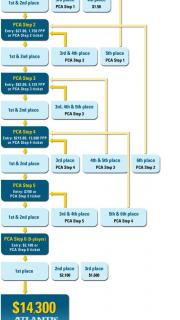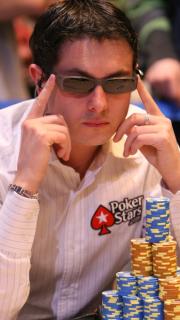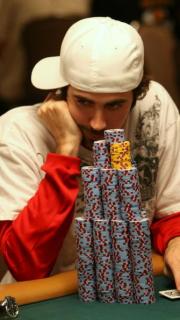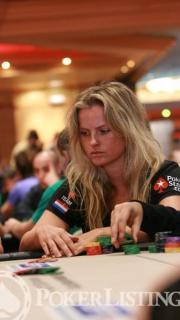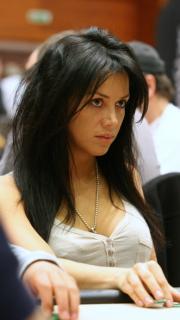By fine-tuning these tactics you’ll have more tools to put to work at the poker table. You’ll be able to better understand your opponents and how to manipulate them, and that will translate directly to money in your pocket.
We already wrote the book on the 10 Essential Texas Hold’em Moves and now we’re back to bring you 10 more.
Today we’re going to teach you how to defend your blinds. You’re forced to put money into the pot twice per orbit and we're going to show you how to minimize your losses and win more pots when you’re playing from the small and big blind.
The What: Defending your blinds refers to calling a preflop raise from either the small or big blind.
The Why: Because you’re forced to put money into the pot when you’re in the small and big blind it’s important to play optimally and recoup your share. Above all else you should not lose more than you would by simply folding.

Blinds put a lot of dead money in the pot. Make sure you get your share.
The Where: Defending the blinds applies to both cash games and tournaments.
Defending the Blinds the Right Way
First of all it’s important to understand that the small and big blinds are the two worst positions at the poker table.If you’re in the small blind you’ll be forced to act first on every post-flop round of betting. If you’re in the big blind it’s not much better. In fact, even the best poker players in the world lose money from these two positions.
One of the most common beginner poker leaks is calling too much from the small and big blinds. You must divorce yourself from the idea that your blind represents an investment in the hand, automatically making you pot-committed to any raise.
While it’s true that having a blind in play will give you better pot-odds, it does not mean you can call every raise with whatever two cards you happen to pick up.
In order to defend your blinds effectively you must understand the situation and the opponent(s) you’re up against.
Players, Position and Defending the Blinds
Position is the most important concept in understanding when it’s appropriate to defend your blinds.Players’ pre-flop raising ranges get wider the closer they are to the button, which means you have to know where that raise came from before deciding whether to call, raise or fold.

Just because Gus defends with 3-5 off-suit doesn't mean you should too.
Conversely, if action folds all the way around to the button and he puts in a raise, it’s safe to put him on a wide range of hands and defend with weaker cards.
The type of player making the raise is also very important when deciding if you should defend.
A very tight player won’t be raising trash, even from the button, while a maniac will be opening weak hands even in early position.
Observe your opponents to understand what kinds of hands they’re raising from what positions and adjust your defending range accordingly.
How to Defend the Blinds for Beginners
One of the biggest problems with beginners who defend the blinds too much is that they’re put in tough spots later in the hand, causing them to lose more than just the preflop call.For this reason we suggest a very tight range for playing out of the blinds, and a “fit or fold” approach to post-flop play, especially with your weaker hands.
As a general guideline we suggest defending your small blind with 77+, TJs+, AK, AQ and raising with QQ+.
If you’re in the big blind you can expand your calling range to include smaller pocket pairs and lower suited connectors.
The important thing for beginners to remember when calling with the weaker hands in that range is that you will need to flop more than one pair to play a big pot.
By using a “fit or fold” approach to post-flop play with marginal hands you’ll avoid putting more money into the pot with a losing hand.
Defending the Blinds in Action
If you’re still unconvinced about how important successful blind defense is to your bottom line, let Daniel Negreanu school you up in video form.Negreanu takes our lesson one step further and goes into the math behind defending your blinds.
It’s worth a few minutes of your time. He has made more $16 million playing live poker tournaments.
